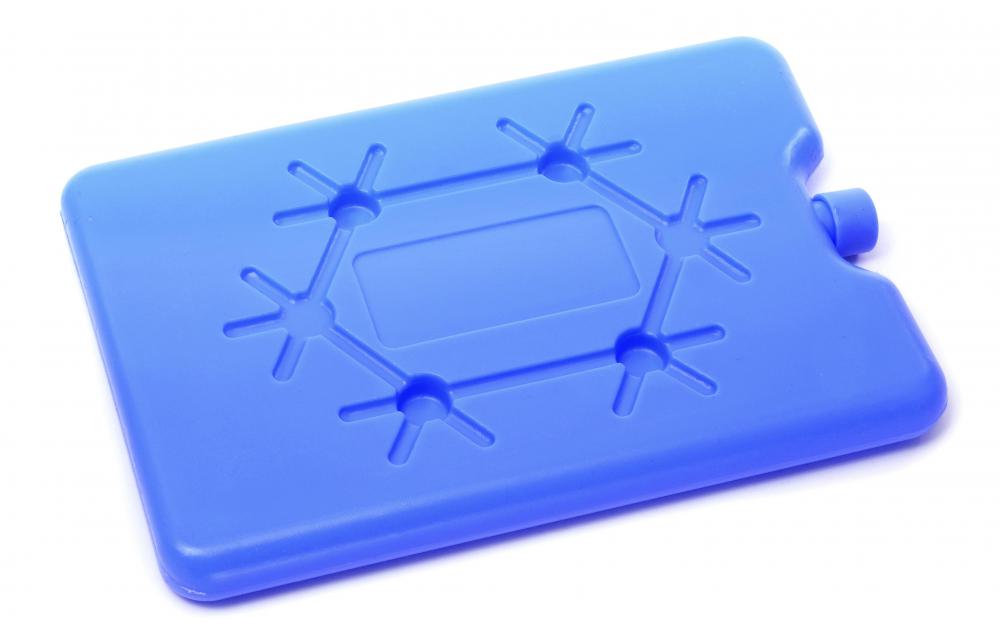At TheHealthBoard, we're committed to delivering accurate, trustworthy information. Our expert-authored content is rigorously fact-checked and sourced from credible authorities. Discover how we uphold the highest standards in providing you with reliable knowledge.
What Are the Signs of a Strained Pectoral Muscle?
The pectoral muscle is located in the chest area and can be strained during exercise, heavy lifting, or any other activity that involves use of the arms and upper body. The signs of a strained pectoral muscle can vary depending on the severity of the injury. A mild strain or pull may cause slight discomfort and soreness when the muscle is moved, but may often be easily managed by resting the muscle, applying cold or warm compresses, and taking over-the-counter pain relievers. More significant pain and difficulty performing daily tasks may result from the more serious forms of pectoral muscle strain in which the muscle is actually torn. Knowing the signs of injury in the chest area is important, because chest pain can also have more serious causes, such as a heart attack.
A mild pectoral muscle strain occurs when the muscle is stretched too much, usually due to overexertion. Weightlifters can be particularly prone to chest muscle injuries because they frequently lift heavy weights over their heads, and this motion of the arms is a primary function of the pectoral muscles. Depending on the type of activity involved, a person may experience mild to moderate pain on one or both sides of the upper chest and into the armpit. The pain may be accompanied by mild swelling, spasms, and some difficulty in moving the arms. Most of the time, a mildly strained pectoral muscle can be treated by using home remedies such as taking over-the-counter pain medicine, resting the area, and applying ice or heat.

More severe forms of a strained pectoral muscle may cause the muscle to actually tear and may also affect the tendons that run from the pectoral muscles down through the front of the arms. Pain that extends from the upper chest down the front of the arms may be a sign that tendons have also been strained or even ruptured. If the injury is very serious, the person may not be able to move the arm at all and may experience severe swelling or even numbness and tingling. A person who experiences these more significant symptoms may want to see a doctor for treatment advice, because the most serious strains may require surgery to repair the damage.

In some cases, chest pain may have a more serious cause, such as a heart attack. Usually, a person with a strained pectoral muscle will remember the activity he or she was doing that might have caused the injury and will not experience other heart attack symptoms. Someone who is not completely certain, however, that the symptoms are caused by a strained muscle may want to speak with a doctor for more information and evaluation.
AS FEATURED ON:
AS FEATURED ON:


















Discussion Comments
Post your comments